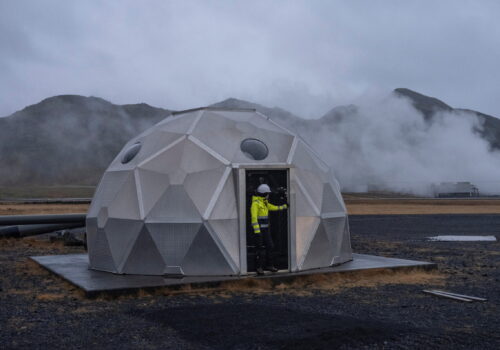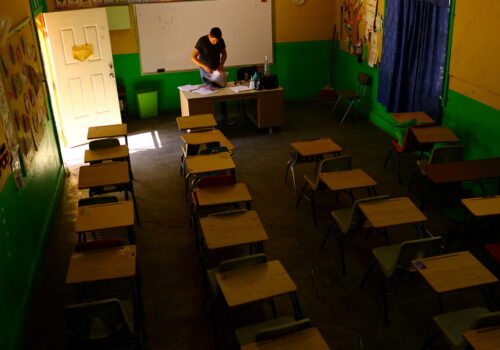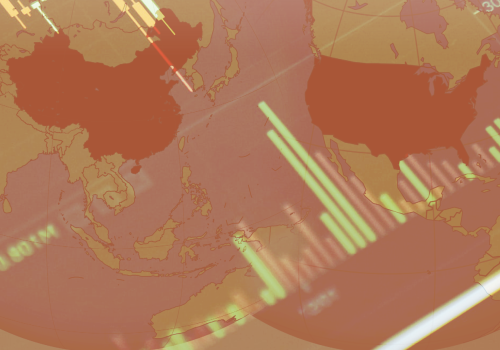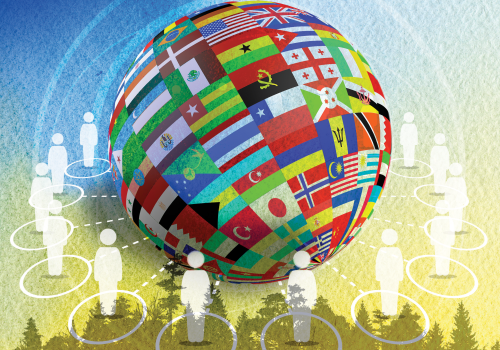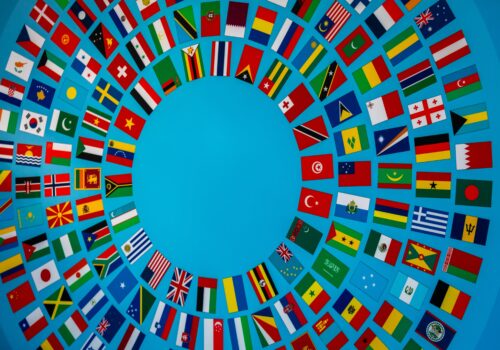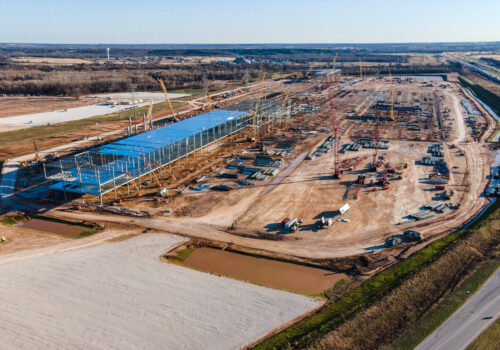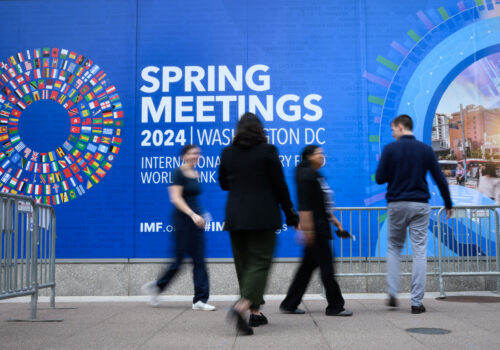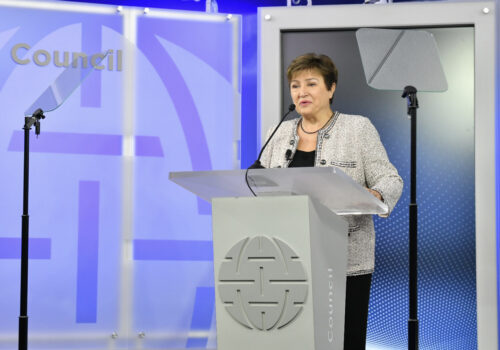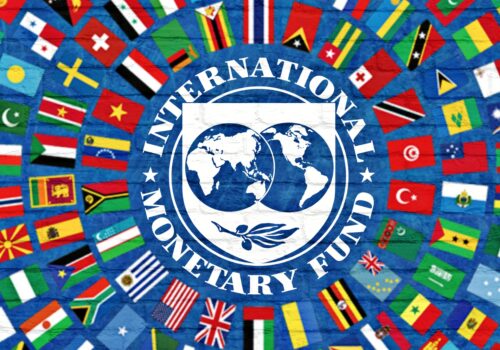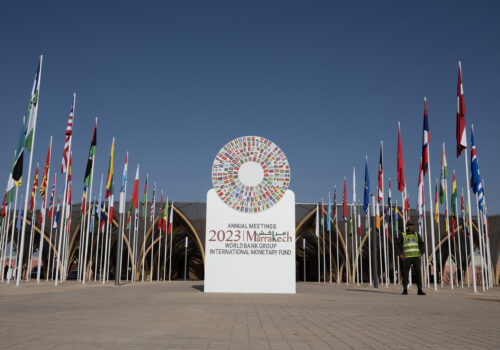What is the Bretton Woods 2.0 project?
The Bretton Woods Institutions were created in 1944 in the hopes that stronger international economic coordination would prevent another world war. Today, more than 80 years later, these institutions need to be revitalized and reimagined for a transformed global economy.
In an era of fierce geopolitical rivalries and unprecedented crises at a global scale, there is a profound need for reforms to the world’s monetary and financial system. But how exactly? What would a Bretton Woods system look like if it first emerged today?

Featured event
On Monday, July 1, the Atlantic Council is hosting a special event marking the eightieth anniversary of the opening of the Bretton Woods Conference. This event will explore the ambitious architecture of the international financial system set out at the Bretton Woods Conference in 1944, how these institutions have evolved in the decades since, and where they must go next to address the range of challenges facing advanced, developing, and emerging markets.
Featured research
Featured data visualization
2024 Spring Meetings Events

At the intersection of economics, finance, and foreign policy, the GeoEconomics Center is a translation hub with the goal of helping shape a better global economic future.
